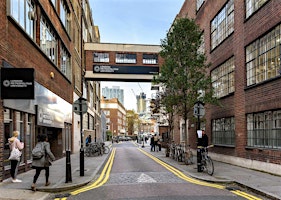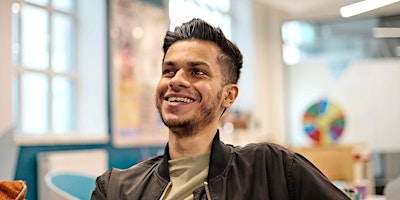Apply for this course
Please select when you would like to start:
If you're a UK applicant wanting to study full-time starting in September, you must apply via UCAS unless otherwise specified. If you're an international applicant wanting to study full-time, you can choose to apply via UCAS or directly to the University.
If you're applying for part-time study, you should apply directly to the University. If you require a Student visa, please be aware that you will not be able to study as a part-time student at undergraduate level.
Why study this course?
This is a top-up version of our Graphic Design BA (Hons) degree. A top-up degree is the final year (Level 6) of an undergraduate degree course and is for those who have a foundation degree, Higher National Diploma or equivalent qualification, or those wishing to study the final year of their degree in London.
This course enables you to investigate, question and challenge the contemporary role of graphic design. You will learn to connect graphic design with wide-ranging social issues and new ideas. You'll also learn how to develop your voice as a graphic designer, helping you towards a successful career in design.
Learn from industry professionals
You will have the benefit of talks by leading industry practitioners, feedback sessions with prominent designers, live briefs involving interactions with the clients and visits to a wide range of professional graphic design studios
Engage with every aspect of graphic design
Investigate, question and challenge the contemporary role of graphic designing, connecting with wide ranging social issues and new ideas, to develop your voice as a graphic designer and enter a successful career in design
Learn alongside other courses
This course is taught together with our Illustration and Animation BA and this combination of teaching makes for a unique learning environment, full of opportunity for cross-pollination and scope for wider learning
Course modules
The modules listed below are for the academic year 2024/25 and represent the course modules at this time. Modules and module details (including, but not limited to, location and time) are subject to change over time.
Year modules
Critical and Contextual Studies 3: Dissertation (Visual Communication)
This module currently runs:autumn semester - Wednesday morning
autumn semester - Wednesday afternoon
(core, 30 credits)
Critical and Contextual Studies (CCS) in Level 6 offers you an opportunity to understand and explore the historical, social, cultural and economic factors which influence, and provide a context for, the development of architecture, art and design practice. Building on critical and academic skills gained during two years of previous study, the module encourages you to develop an awareness of issues around which there is some debate, uncertainty or contest. Based on this awareness, you will develop a set of research questions which constitute the topic of your study. This topic can be theoretical, historical, or technical and you may, with guidance, decide to engage with an area of scholarly interest outside the territory of your degree course.
You will develop your topic and respond to your research questions in the form of an extended critical study or Dissertation (6,000–7,000 words). Through this study you demonstrate that you can thoroughly research a topic, use appropriate methods of investigation, and work in a methodical and organised way to develop a coherent argument or line of thought. Teaching and Learning on the module is designed to support you in this process through a combination of tutorials and one to one supervision; as well as a series of formative and summative assessments which prepare you for the final submission.
The final form and presentation of your Dissertation can reflect a broad range of approaches to research and writing. It may include visual materials or other non-written forms of presentation as long they support your enquiry and comprise an integral part of the whole.
The final form and presentation of your Dissertation can reflect a broad range of approaches to research and writing. It may include visual materials or other non-written forms of presentation as long they support your enquiry and comprise an integral part of the whole. By prior approval at the start of the module, your research can be part practice-based, and include primary research and fieldwork.
By virtue of the sustained, independent nature of the learning and substantial final output, the dissertation is also intended to prepare you for possible postgraduate study.
Read full detailsMajor Project: Graphic Design
This module currently runs:all year (September start) - Thursday morning
(core, 30 credits)
Over the course of your level 6 studies you will reach a point as a practitioner when your practice - and eventually your portfolio - is defined by your own interests, discipline focus and professional ambitions. In the Major Project module you will assimilate your years of prior learning and apply it to a significant body of work. You will define your individual creative identity and situate your practice in the wider context of the professional graphic design sector.
In this module you will define, develop, test, iterate and execute an ambitious and significant project of highly-resolved discipline-specific work. Encompassing project development from problem finding, through idea and concept generation to the application of your practical skills for realisation and presentation in professionally recognised formats, you will use and record your independent project planning and management skills in preparation for your career launch.
A negotiated and approved proposal will confirm your individual project. Using creative exploration and experimentation you will generate, develop, research, conceptualise, visualise, test and model your proposals using material investigation in digital and analogue processes.
Feedback from tutors, visiting professionals and practitioners as well as peers will help you to ensure that your proposal meets a valid need, reaches a professionally-recognised quality standard and achieves the purpose intended. With an emphasis on individual authorship, the module requires that you critique and reflect upon your work in progress and understand its position in the creative sector. The module emphasises self-direction and personal focus whilst acknowledging external and professional trends, expectations and constraints.
During this module you will:
• devise and research a subject-specific project proposal;
• defend the project proposal using your research as evidence;
• exercise project planning, management, research and development skills in an academic and professional context;
• exercise decision making and problem solving showing that you have understood and managed complex and ambitious tasks;
• work independently, self-reflectively and with concern for the ethical issues and principles attached to your project;
• show understanding of your particular strengths, interests and position in the field, and your potential for further development;
• achieve outcomes of a professional standard of realisation and presentation.
Read full detailsSkills and Innovation
This module currently runs:all year (September start) - Thursday afternoon
(core, 30 credits)
In this module you will work with a high degree of independence in the selection and application of appropriate tools, materials and processes for visual communication.
There is an emphasis on innovation and experimentation, specifically your individual ambitions to test boundaries and take creative risks to make advances in exploring and applying discipline-specific tools. ‘Tools’ might be interpreted as physical implements for drawing, printmaking, publication-making, stop-motion animation or other, but also digital tools in the context of software workspaces and use of digital apps.
How can you adapt and work in an innovative way and on a granular level with the ‘tools of your trade’ as an illustrator, animator or graphic designer? How can your deep understanding of the qualities and limitations of materials, and possibilities offered by processes, aid your problem-solving and decision-making as a graphic designer, illustrator and animator? These are questions you will be supported to formulate, explore and answer in relation to your own practice as you continue to investigate the possibilities of our making workshops and digital facilities.
You will gain insights from module tutors and visiting practitioners about how experimentation forms part of the creative research and development process; then reflect on this and establish strategies for building research and development into your practice. This practice will directly feed into developing and finalising work for the Major Project module.
Thinking through making and visual experimentation as a research method is encouraged and supported. You will evidence your work in analogue and digital sketchbooks and through a portfolio of experimental and developmental work, along with evidence of reflection and self-critique.
During this module you will:
• explore the purpose and methods of research and development in the context of the creative industries and your own practice.
• work with an increasing level of innovation and experimentation with tools, materials and process;
• reflect on and critique your work in order to invent, test, iterate and refine visual approaches;
• develop further confidence in using experimentation and creative risk-taking with materials and processes as part of thinking through making and as a research method for visual communication;
• take the initiative in selecting the materials and processes that are relevant to your discipline, practice, project aims and professional ambitions; and devise an individual approach to using those materials and processes.
Read full detailsWork Ready Level 6
This module currently runs:spring semester - Friday
(core, 30 credits)
This module prepares you for entry to the workplace, self-employment or progression to higher study through experience of professional portfolio development and presentation, experience of working in industry contexts, and of related promotional and self-promotional activities. It helps you to assess not only your position within the creative design sector but also to define your individual creative strengths and potential, and to confidently identify your route to future success. You will build on existing professional practice skills, working at a level equivalent to industry standards in teamworking, presenting, pitching and creative responses to briefs and competitions.
Through practice, you will establish a sound process for research, design development and production using recognised sector-specific strategy and practice. A program of lectures, workshops, seminars and assignments, will prompt the investigation and analysis of the forms, properties and qualities of a wide range of professional practice fundamentals, for example, digital portfolios, self-branding and promotion, event design and management, costing, copyright laws and offline and online content creation.
You will be supported to develop networking skills, through specially arranged workshops and talks with industry professionals and successful graduates from the course, as well as outside the University at industry events. You will be shown how to reach out to potential employers for work placements, internships and job opportunities.
You will experience work-related learning through live exhibition, competition or simulated consultancy or work placement. You will refine a range of transferable skills in communication, management, research and analysis and will be encouraged to reflect and report on the work-relevant skills that you have developed throughout. These skills are advantageous for all graduates and include (for example): action planning, contribution to professional meetings, entrepreneurship, acting as a consultant, goal setting, negotiating, networking, project management, self-appraisal and team working. Activities undertaken in this module will help to prepare you for the launch of your individual design practice during the final degree show and subsequent employment applications.
During this module you will:
• research, analyse, and adapt your practice for sector-specific professional conventions in relation to real-world employment, exhibition or competitive situations;
• develop professional entrepreneurial processes for the generation, development, testing and pitching of concepts in response to specified clients and audiences;
• plan and manage self-promotion activities and exhibition, client or employer project pitching from inception to delivery, within commercial timeframes, developing strategies to maximise your chances of success;
• employ professional standards in the manipulation of appropriate media for the communication and presentation of your design identity and specific concepts;
• review competitor practices in relation to employment preparation or freelance self-promotion and build enterprise strategies for consultancy practice.


.png)
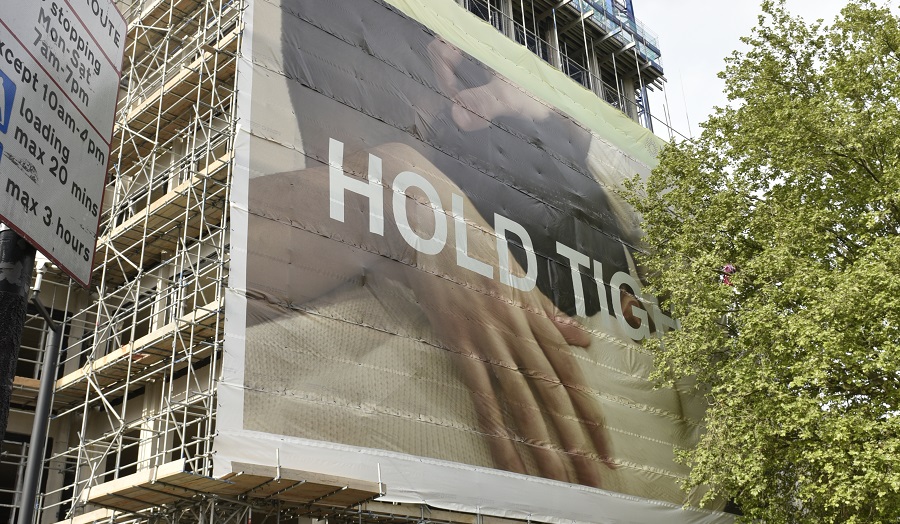

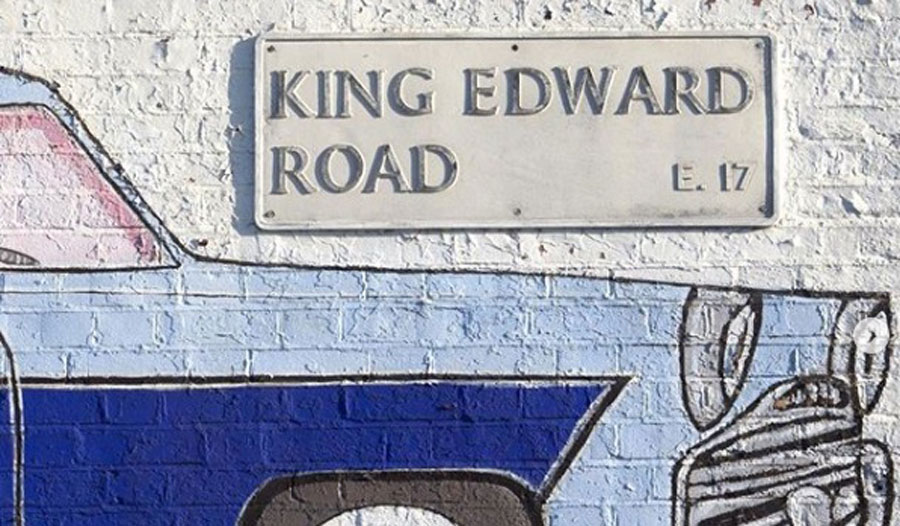
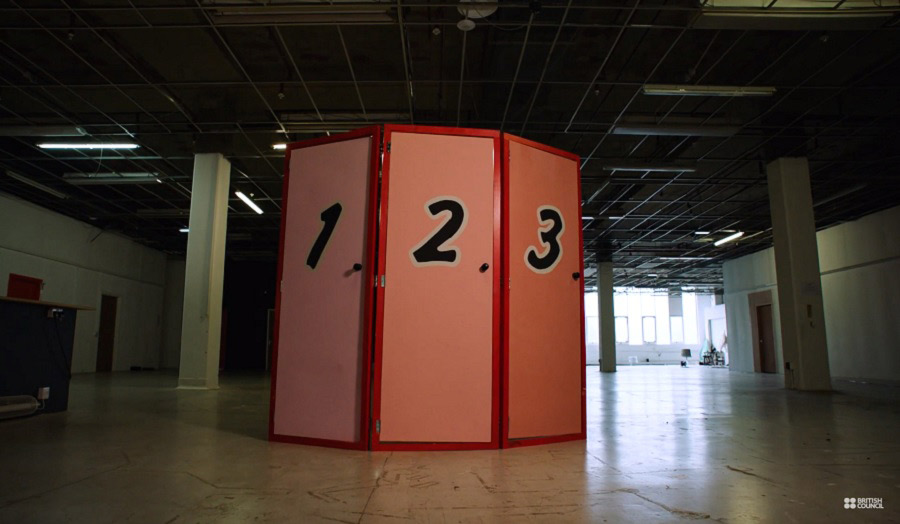
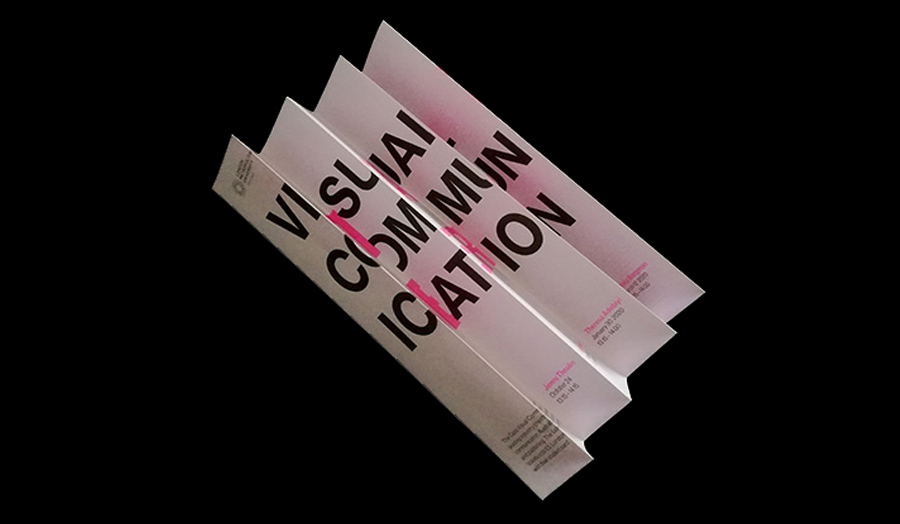
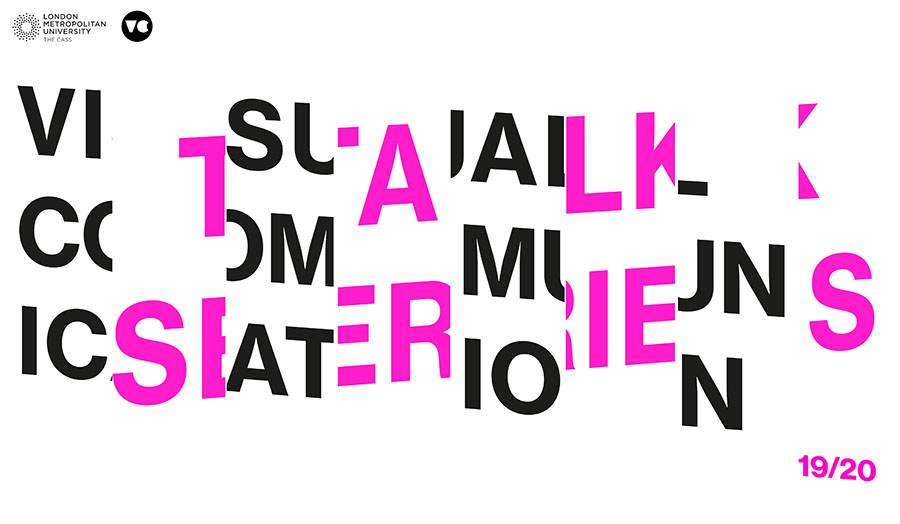

.jpg)

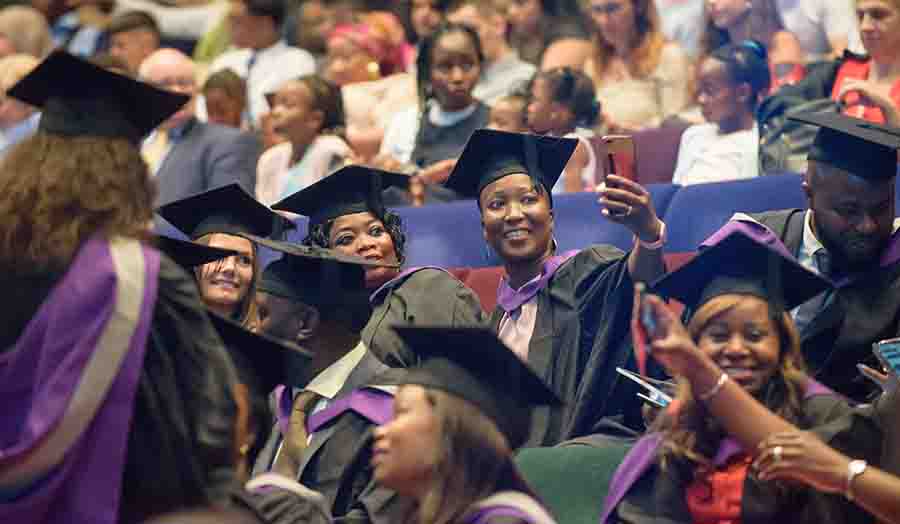

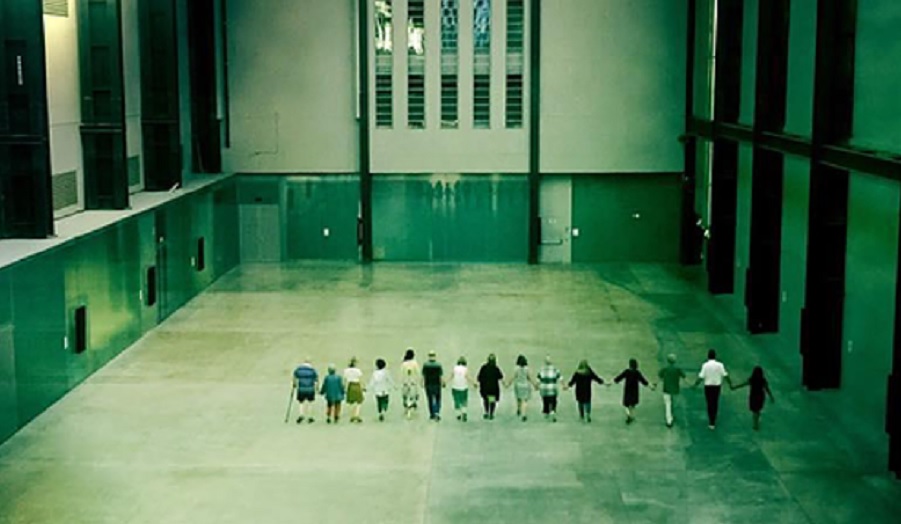


.jpg)
.jpg)

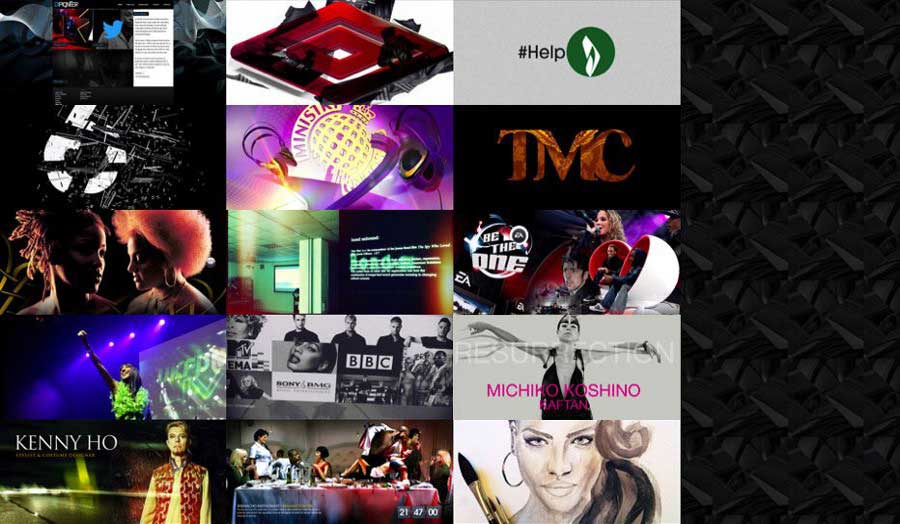
-(1).jpg)
.jpg)
.jpg)
